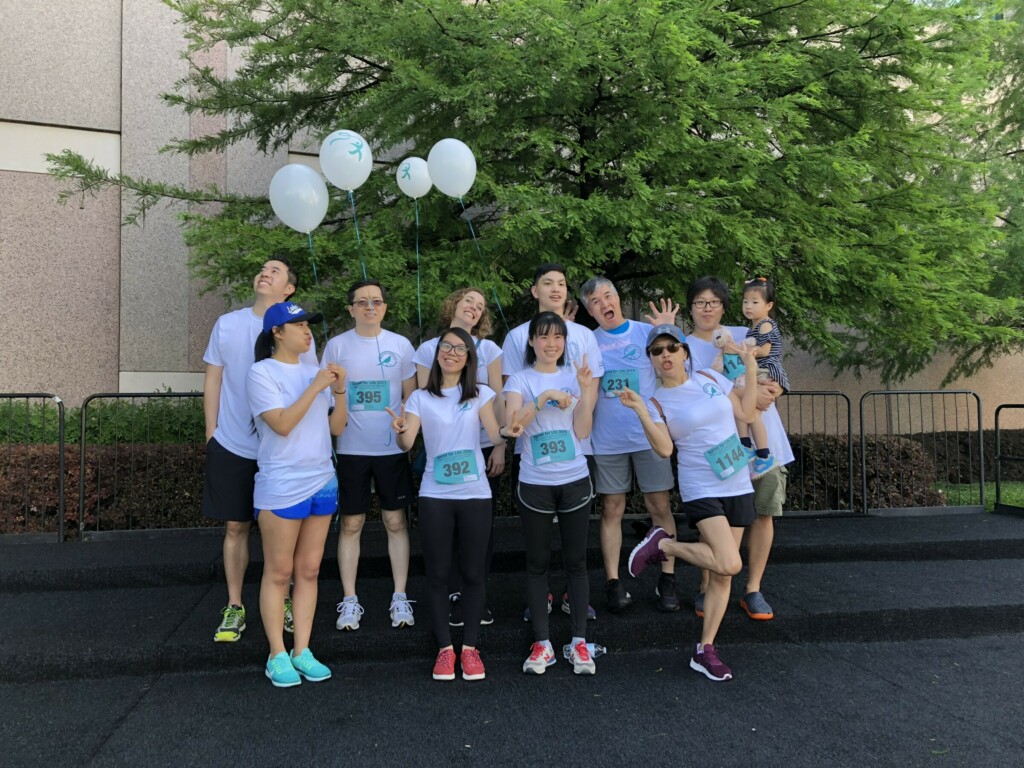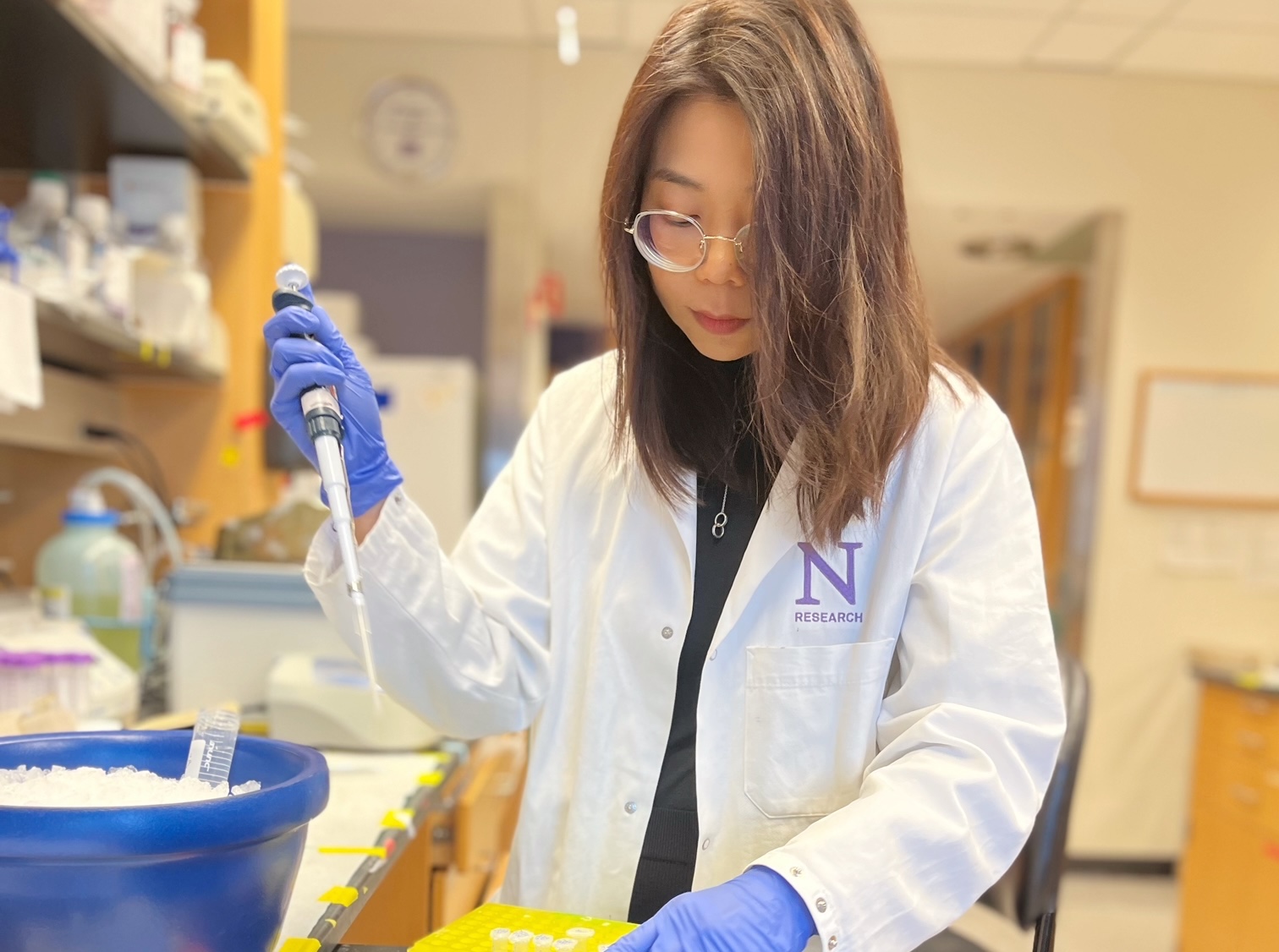
Dr. Chi Lam Au Yeung of the University of Texas MD Anderson Cancer Center is a 2022 recipient of OCRA’s Early Career Investigator Grant. Her OCRA-funded project is focused on studying molecules produced by ovarian cancer cells in order to gain new insights into the interrelationship between different cell types in the progression of this disease.
OCRA-funded grantees are working toward a world where no one needs to fear a diagnosis of ovarian cancer. Donate today to enable more breakthroughs.
What initially sparked your interest in science?
Since I was young, I have found biological sciences to be interesting. I always wonder how different parts of a human body coordinate with each other to function together. It involves not only something physical that we can see with our eyes but something physiological that is working “behind the scenes.” I also see myself as an experimentalist. I believe in using empirical evidence through experiments to prove a concept.
What drew you to the field of ovarian cancer research?

I have been doing research on gynecologic cancers since the start of my postgraduate studies but began focusing on ovarian cancer specifically through my postdoctoral training at the University of Texas MD Anderson Cancer Center. I am studying the role of the tumor microenvironment in ovarian cancer progression. With ovarian cancer being one of the deadliest cancers with a high rate of recurrence, I hope my work will enable the future development of novel treatments to improve patients’ outcomes.
Can you explain your research project?
Although the majority of ovarian cancer patients respond to chemotherapy after surgery, many of them will develop recurrent disease within one year. And survival rates have not improved much over the past decade. Thus, the development of new regimens for ovarian cancer treatment and improvement of patients’ survival is crucial.
Recent studies have shown that ovarian cancer cells secrete small RNA molecules known as microRNA. These molecules can be transported to nearby cells via tiny vesicles called exosomes to facilitate cell-to-cell communication and exchange of biological substances. My project focuses on identifying and studying microRNAs secreted by ovarian cancer cells that are expressed at high levels in tumor tissues from long-term ovarian cancer survivors. I am investigating the role of these specific microRNAs in influencing the function of other cell types such as immune cells in the nearby environment. The findings will provide a new perspective on the interrelationship between different cell types in ovarian cancer progression.
What motivates you to persist in your research?
The road of scientific research is sometimes difficult with a lot of obstacles, but the thought of being one step closer to bringing positive results from bench to bedside drives me to persist in my research. One of my biggest motivations is the possibility of improving the quality of life for ovarian cancer patients.

What is your hope for the field of ovarian cancer research?
I hope that after we understand more about the roles of the ovarian tumor microenvironment, there will soon be more advances in finding biomarkers for early detection, improving ovarian cancer patients’ resistance to treatments, and enhancing their responsiveness to immunotherapy.
If you had the opportunity to personally thank someone from the OCRA community who supported your work, what would you say?
I would like to say thank you to all who support the OCRA community in our fight against ovarian cancer. Thank you for believing in science to make a change in the lives of ovarian cancer patients.
See more OCRA-funded research projects focused on micro-environments and microRNA.



